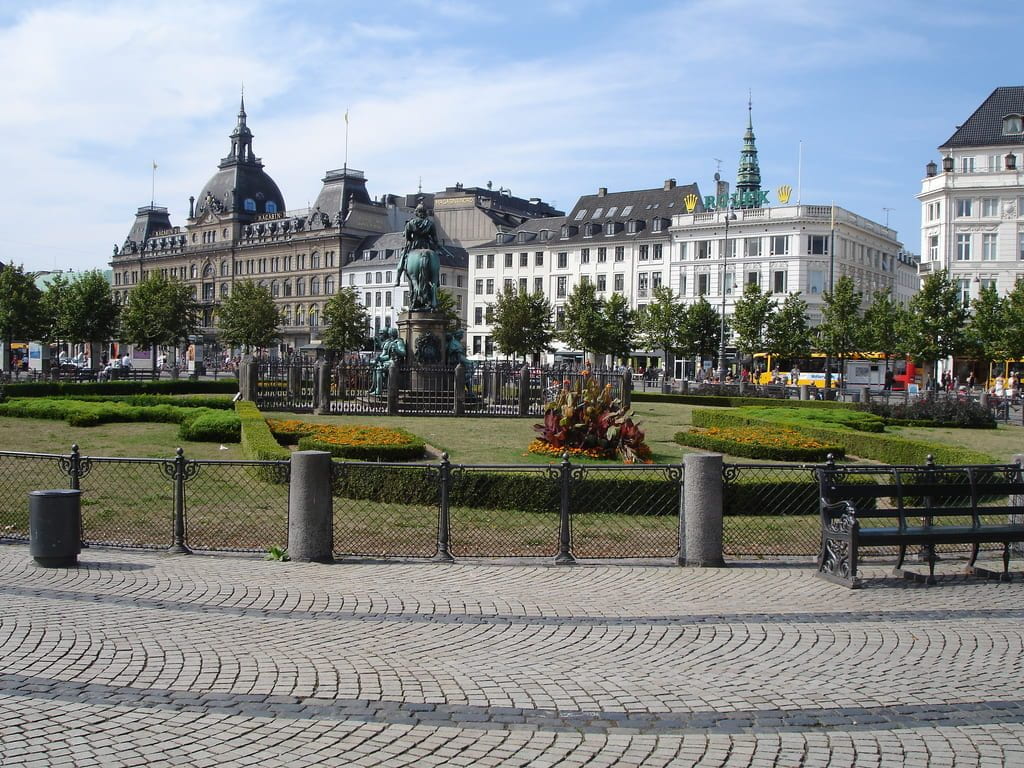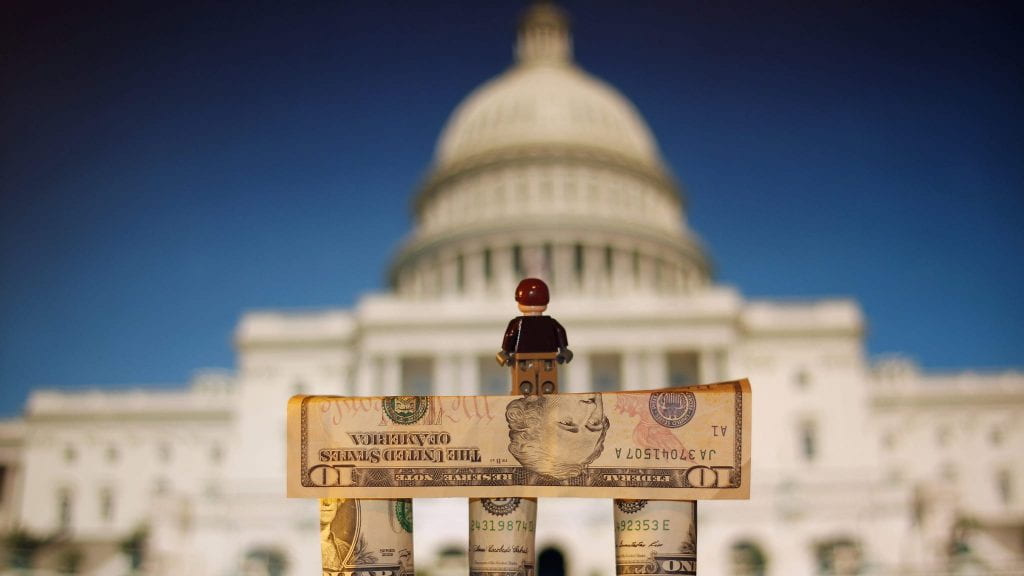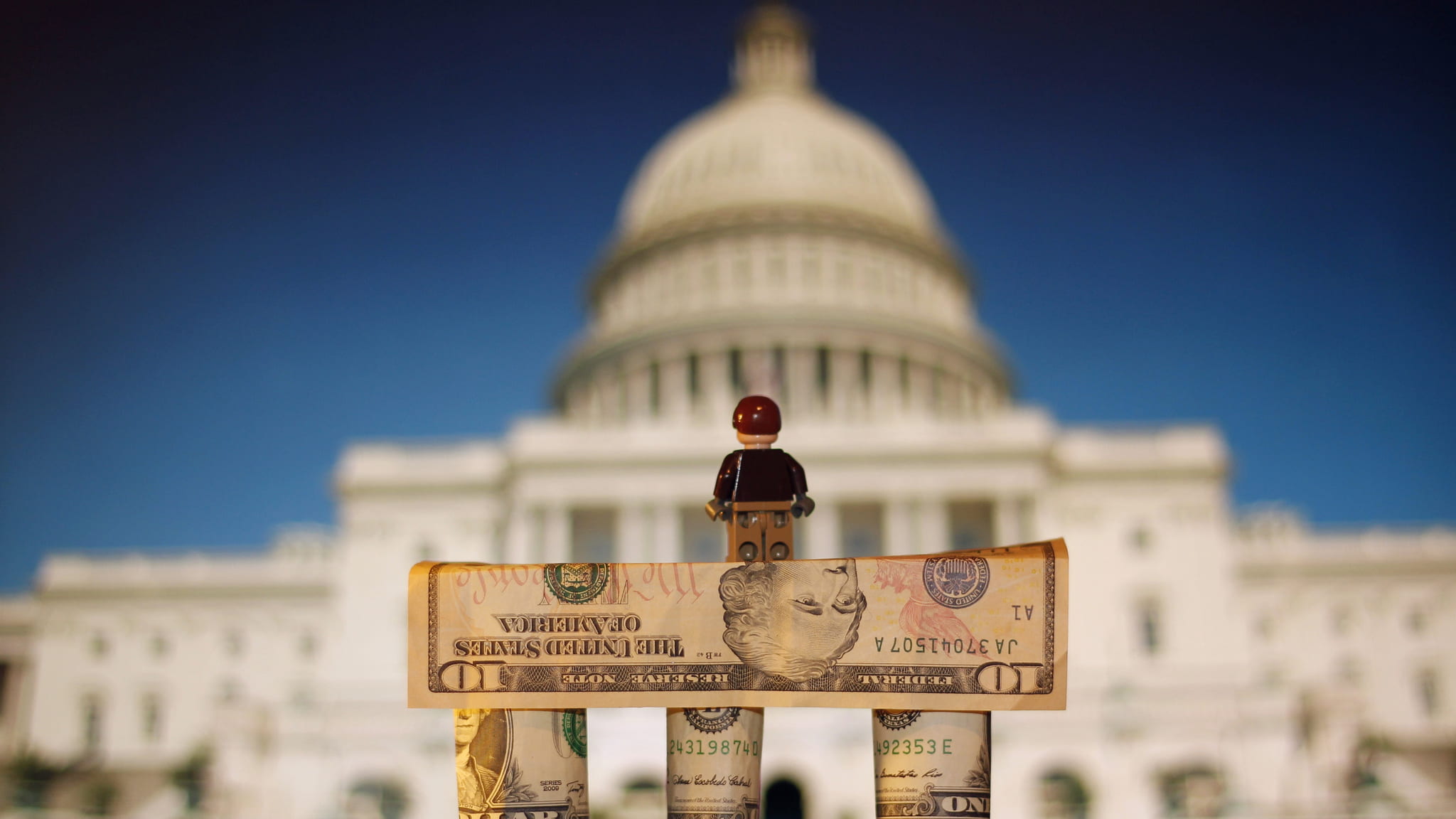
Social systems such as economics, the rule of law, and healthcare affect all of our lives and are the core facilitator for human rights (or the lack thereof) throughout the world. Of course, the principle vehicle for these social systems is government. Government comes in many forms throughout the modern world but they all function to create peace within their given societies. Throughout history, governments that fail in this endeavor have fallen and new countries have arisen from the ashes or at the very least, new regimes or government systems replace the fallen. A good, recent example of this is the fall of the U.S.S.R. in 1991. Many of the inadequacies within social systems result from poor design and/or implementation. The term used for these negative consequences is structural violence. Most of the war and conflict within nation-states is a product of one segment of society being unhappy with the social systems that rule their lives and government officials failing to address these issues. In liberal democracies throughout the world, citizens enjoy increased participation in designing their social systems. This comes in various forms including voting rights, running for office, and the right to free speech. However, in liberal democracies, human rights are a battle of competing ideals, oftentimes over resources or status, within various segments of society. These ideals are a struggle between public and private interests, the wealthy and the poor. This blog will examine a few liberal democracies and how the role of private interests affects social systems and human rights within those societies.
Before we dive into a few examples, it is important to understand what constitutes a liberal democracy and how they function, from a societal perspective. In Aristotle’s Politics, he postulates that of the three main forms of government (kingly rule, aristocracy, and constitutional government) and their corresponding perversions (tyranny, oligarchy, and democracy); constitutional democracy is best because it pertains to a peaceful and free society. Aristotle explains there are three elements that constitute a society – the wealthy, the poor and the middle class. This translates into social power from below (the poor) and social power from above (the wealthy). The flaw within democratic systems is the poor can organize to take property and rights from the wealthy. This would be unjust. Conversely, the wealthy can organize to take property and rights from the poor. This is unjust as well. Adam Smith in The Wealth of Nations, published in 1776, reiterates this: “All for ourselves and nothing for other people, seems, in every age of the world, to have been the vile maxim of the masters of mankind.” Aristotle states one way to remedy this problem is through the creation of a welfare state or by raising the poor’s quality of life through public funds (taxes). Historically, the alternative solution has been incorporated throughout most of the modern world. Only the wealthy may hold positions of power. Noam Chomsky, a renowned linguist, has been very vocal and written extensively on this subject. Now, we will turn to some real world examples in history.
In Denmark, citizens enjoy universal health care, as a human right, through government and taxation but this has not always been the case. In the 18th century, Denmark was an absolute monarchy, which, under the rule of Christian VII, began to deteriorate. Local landowners were responsible for the healthcare, and increasingly failing to provide, of the rural farming families that worked their lands. Christian VII was under pressure from the landowners to bind workers to the land. This equated to serfdom for many farming families. This resulted in power rising from below and the king’s son, with the help of his father’s cabinet members, to overthrow him. In the years following, the crown prince, Frederick VI, introduced massive reform allowing farmers to move freely to work under different employers, instead of landowners. In addition, farmers were given the option to work their own parcel of land and own property. Sweeping reforms took place with increased focus on public education and the creation of safety nets, such as welfare. In short, by removing the corruption of private interests and radically altering the social systems with egalitarian economic principles, Denmark’s productivity skyrocketed through peace and solidarity.
In England, during the 17th century, another form of private interest was invading the English government system and effecting human rights, this time in the form of religious persecution, similar to the economic malpractice of landowners influencing government in our previous example of Denmark. During that time, uniformity of religion was coming to the forefront of English politics in the form of a battle between Catholics and Protestants. Both factions believed uniformity of religion was necessary for a healthy English society. Both factions also believed their form of religion was the “one true religion”, and it was the responsibility of civic government to impose this belief, through force if necessary, on its citizens in order to save souls. Nonconformists to these beliefs suffered verbal and physical attacks, many publicly executed for heresy.
Many felt socially excommunicated through persecution; and left England for fear of their lives and sought new lands, for example the Puritans aboard the Mayflower. Religious affiliation mattered more than ever and in some areas Catholics persecuted Protestants, in other areas Protestants persecuted Catholics and it was worse for those that did not pick a side, or identified with neither, and even those who respected the views of both religious traditions were ridiculed for their tolerance and not picking the “right” side. English society became greatly imbalanced due to religious polarization and increasingly intolerant views toward segments of society that were different from one’s own. In short, private individual beliefs infiltrated and corrupted the civic virtues of English society and the result was disharmony, violence, and the mass emigration of religious refugees. The social discord was so pronounced that many new religions found their start during this time, such as Lutheranism, Methodism and Baptist churches, to name a few. The belief that “one true religion” was necessary for a healthy English society was ironically, accomplishing the opposite and societal peace and solidarity was lost, echoing in the memory of future generations, including Roger Williams and his influence to persuade leaders like Thomas Jefferson to separate church and state in the fledgling American society.

Today, in the United States, the newest version of one of the oldest forms of private interests infiltrating public institutions has taken place. With Citizen’s United being victorious in the recent Supreme Court decision, money became a form of free speech. This echoes our previous Danish example of the wealthy influencing government to support their own private interests over that of societal peace and solidarity. This is evident in the basic economic principle that a million dollar political contribution is “louder”, or holds more weight than a twenty-dollar political contribution. Therefore, the more money an individual possesses the more influence they have in affecting civic government. It is a form of economic inequality similar to 18th century Denmark, when farmers held less political weight so the landowners influenced the king to oppress farmers and their families. Similarly, as farmers tied to the land they occupied and not allowed to move, workers in the United States today find themselves tied to their land while corporations enjoy a choice of workers throughout the world, through international trade deals, tied to an ever merging and expanding business sector.
The current American worker is competing with exploited workers in China and Mexico, becoming exploited themselves through low wages and an increasingly diminished voice within their own public institutions and government. This is unjust as corporations and big business can move and have choices in where they manufacture and produce; the American worker cannot, without moving to another country. Until the reversal of Citizen’s United vs. the FEC, the American worker will be deprived of economic equality and have a diminished voice in their government system. This affects societal peace, evident in increasing political polarization and intolerance within sects of American society. Over time, this will increasingly lead to the loss of human rights, and a free society, ironically, the paramount principle that defines American culture.
A society can debate what form its social systems take. However, once a government is structured and defined, the separation of what consists as private ideals versus public ideals can fracture solidarity and perpetuate the loss of human rights, resulting in a less peaceful society. Historically, the wealthy enjoy this advantage more so than the poor do because they have more resources. The additional resources translates into increased individual mobility and time to pursue idealistic visions instead of focusing on basic physical needs such as water, food and shelter. Every civilization that has risen from the beginning of time has fallen because of societal failure. Every society and culture today is a product of a rebirth, or reconstruction, of the failed society and culture that came before it. This is the story of social evolution. Where we go from here depends on what we learn from the past and correct, instead of continually fostering new forms of corruption within our social systems. We have to educate our children on the importance of solidarity, less they fall curse to the vile maxim. As populations rise and our world is increasingly globalized through economics, politics and technology, these lessons are paramount if we want to create social systems that promote peace through solidarity.

